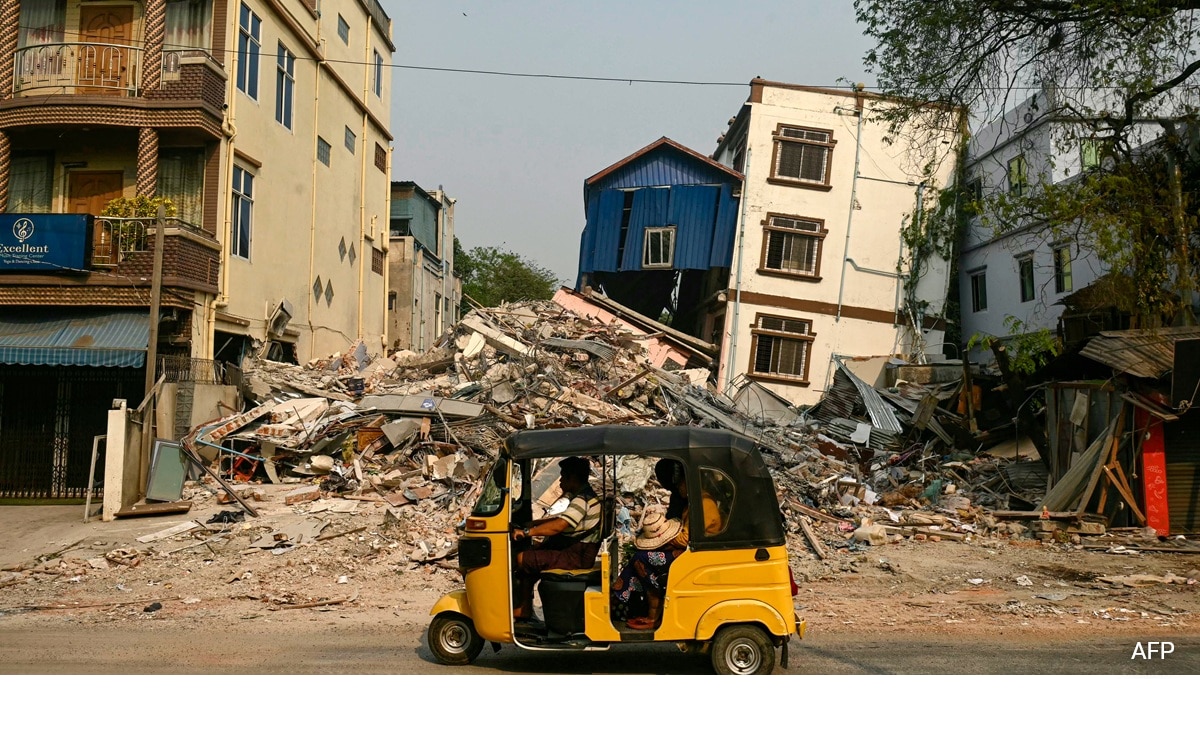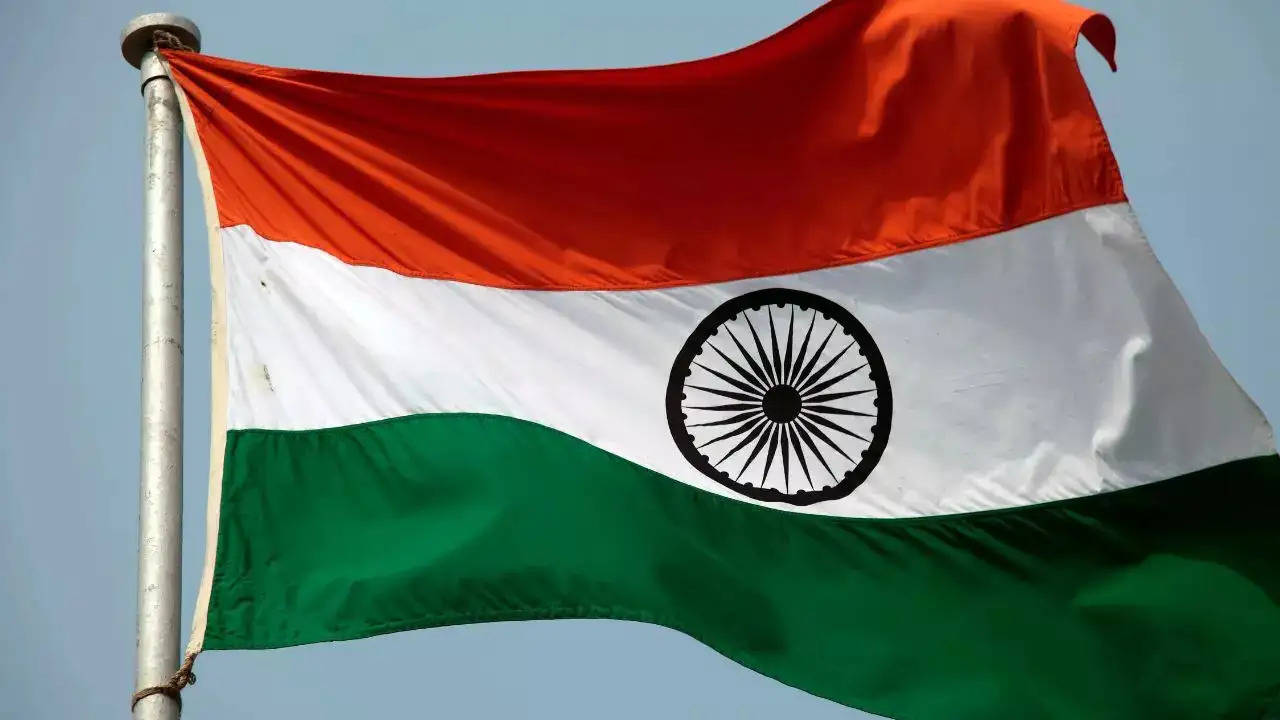Why a town in MP is resisting the plan to treat toxic waste from Bhopal’s Union Carbide plant

Join our WhatsApp Community to receive travel deals, free stays, and special offers!
- Join Now -
Join our WhatsApp Community to receive travel deals, free stays, and special offers!
- Join Now -

In the early hours of January 1, Monika Solanki saw a long convoy of government vehicles and massive container trucks going past her home in Madhya Pradesh’s Tarpura village. Fire engines and ambulances followed, all moving at a steady speed towards a nearby industrial sector in Pithampur.
The 12 leak-proof trucks were loaded with 337 metric tonnes of toxic waste from the Union Carbide India plant in Bhopal – the site of an industrial disaster in which leaked methyl isocyanate gas killed thousands in 1984.
The toxic waste was shifted after the Jabalpur bench of the Madhya Pradesh High Court gave a four-week deadline to the state government to remove it from the Union Carbide factory.
As the trucks headed to a hazardous waste disposal plant in Pithampur, an industrial town with villages on its periphery, protests erupted. On January 3, a violent clash broke out at a protest by residents in Pithampur. As the police lathi-charged protestors, two men, Raj Patel and Rajkumar Raghuvanshi, poured petrol on their bodies and set themselves on fire.
“We have been anxious since those trucks arrived. They are all parked inside the plant,” said 30-year-old Solanki, whose village is less than a kilometre from the plant.
Residents fear that the treatment of waste...
What's Your Reaction?
 Like
0
Like
0
 Dislike
0
Dislike
0
 Love
0
Love
0
 Funny
0
Funny
0
 Angry
0
Angry
0
 Sad
0
Sad
0
 Wow
0
Wow
0



















































